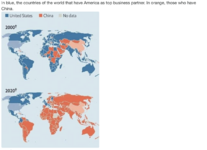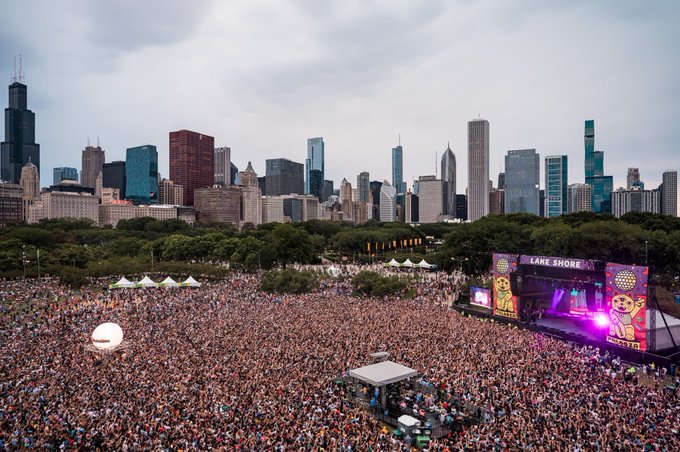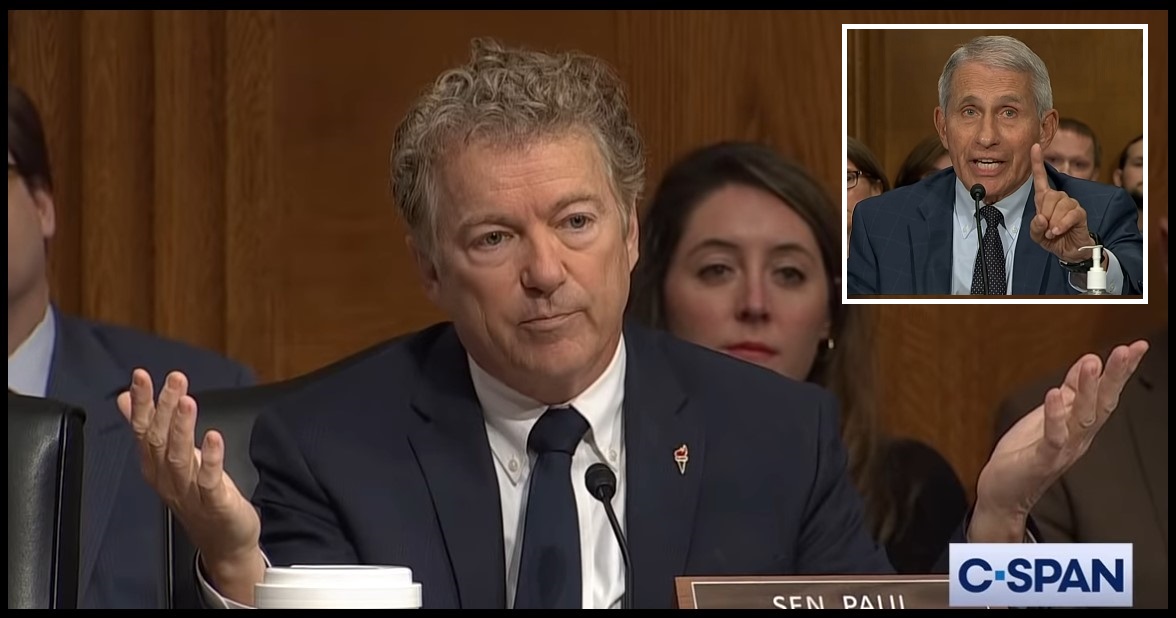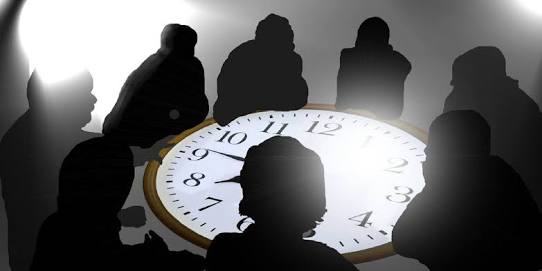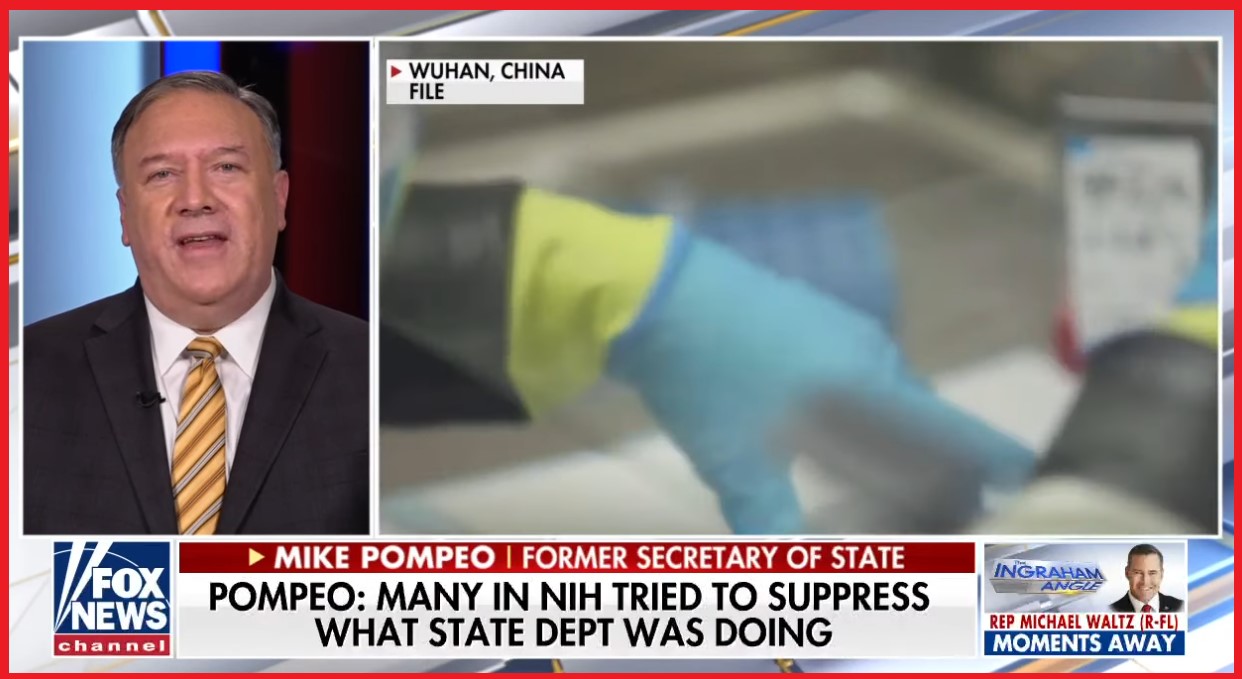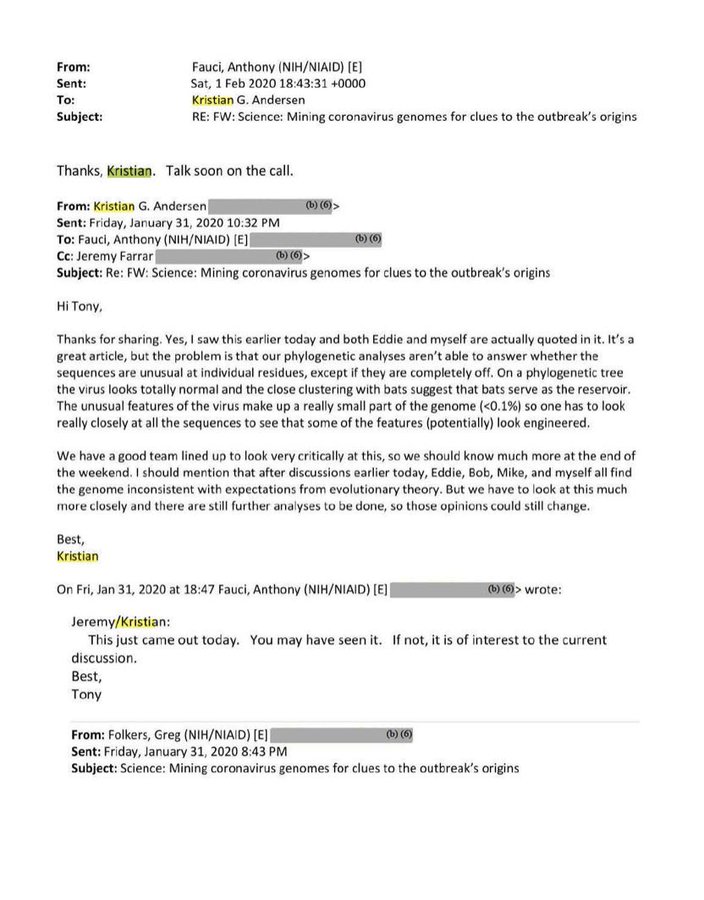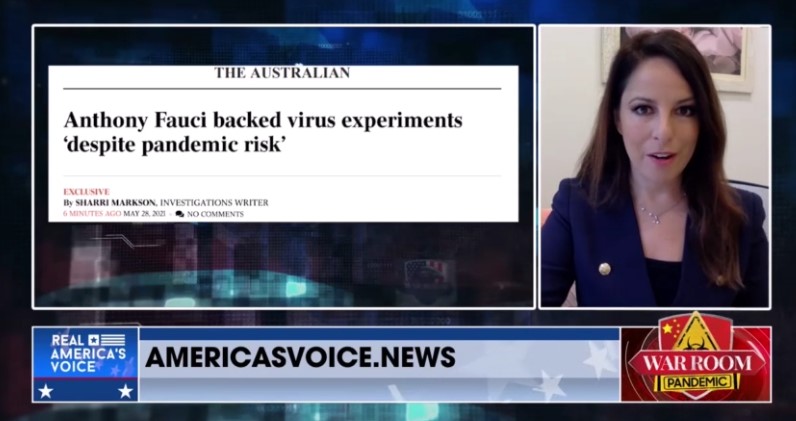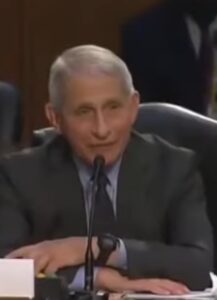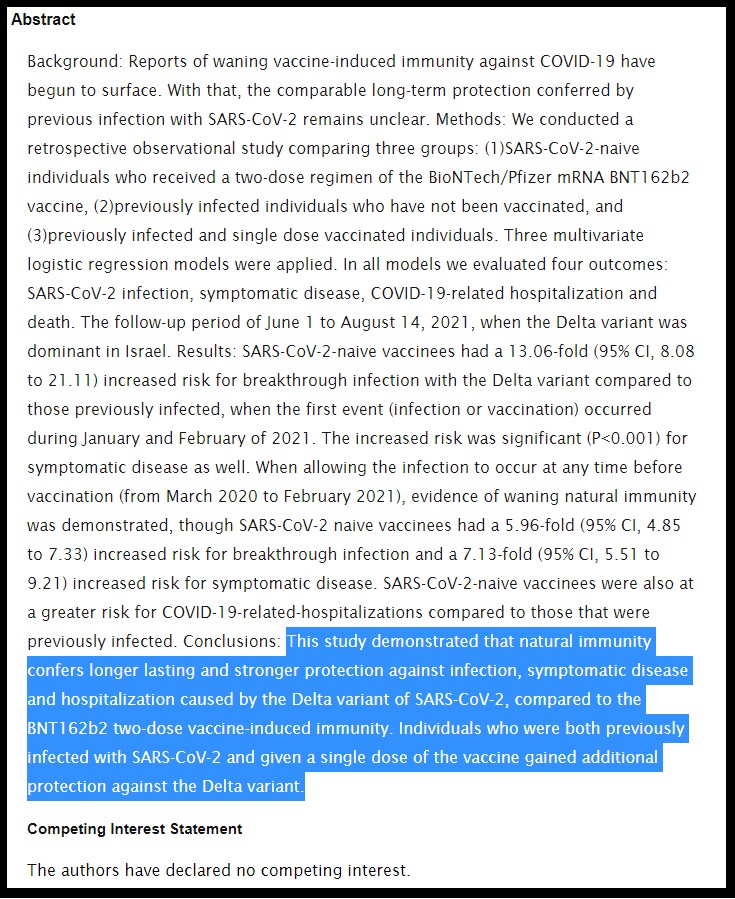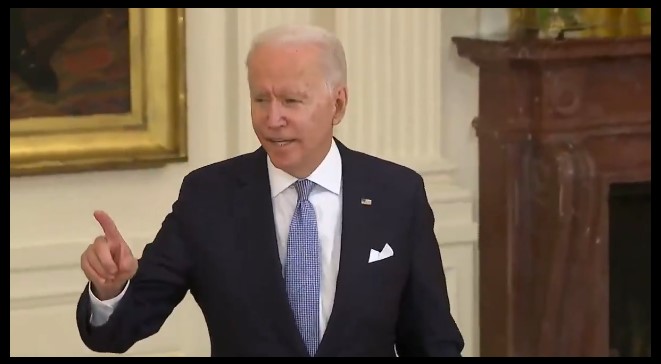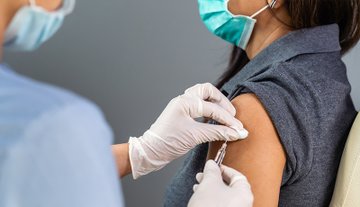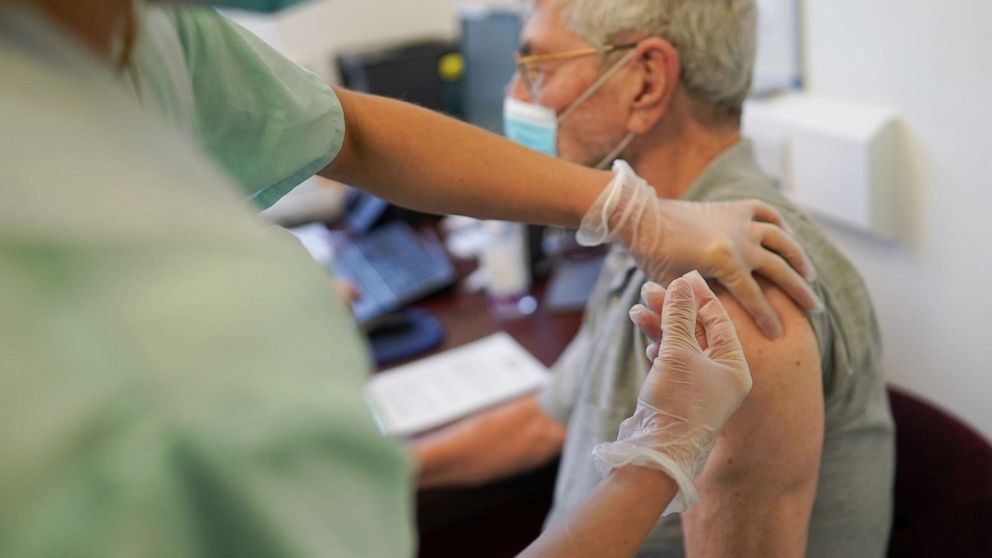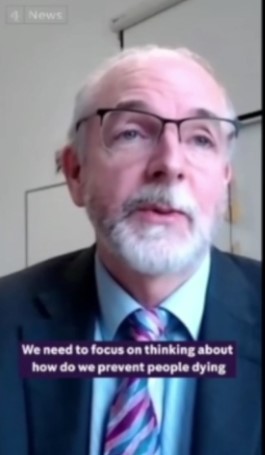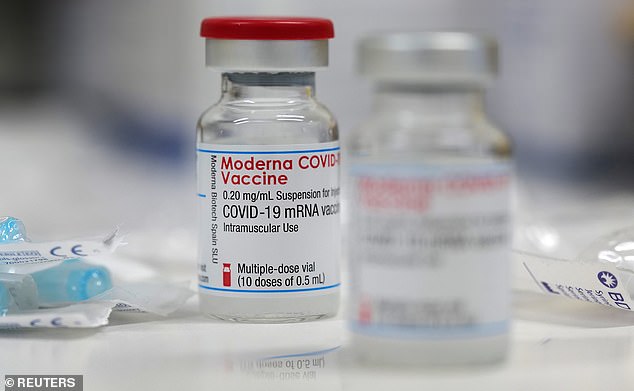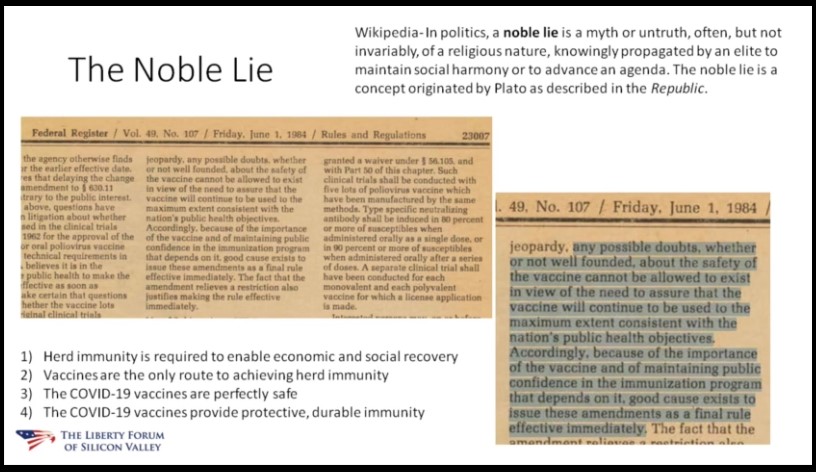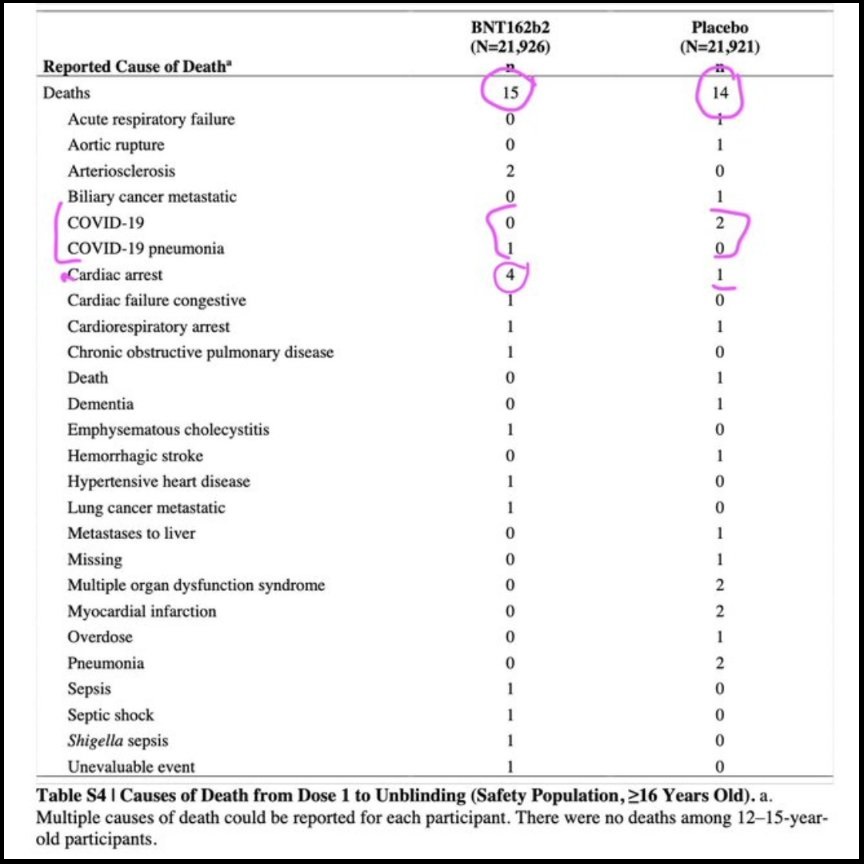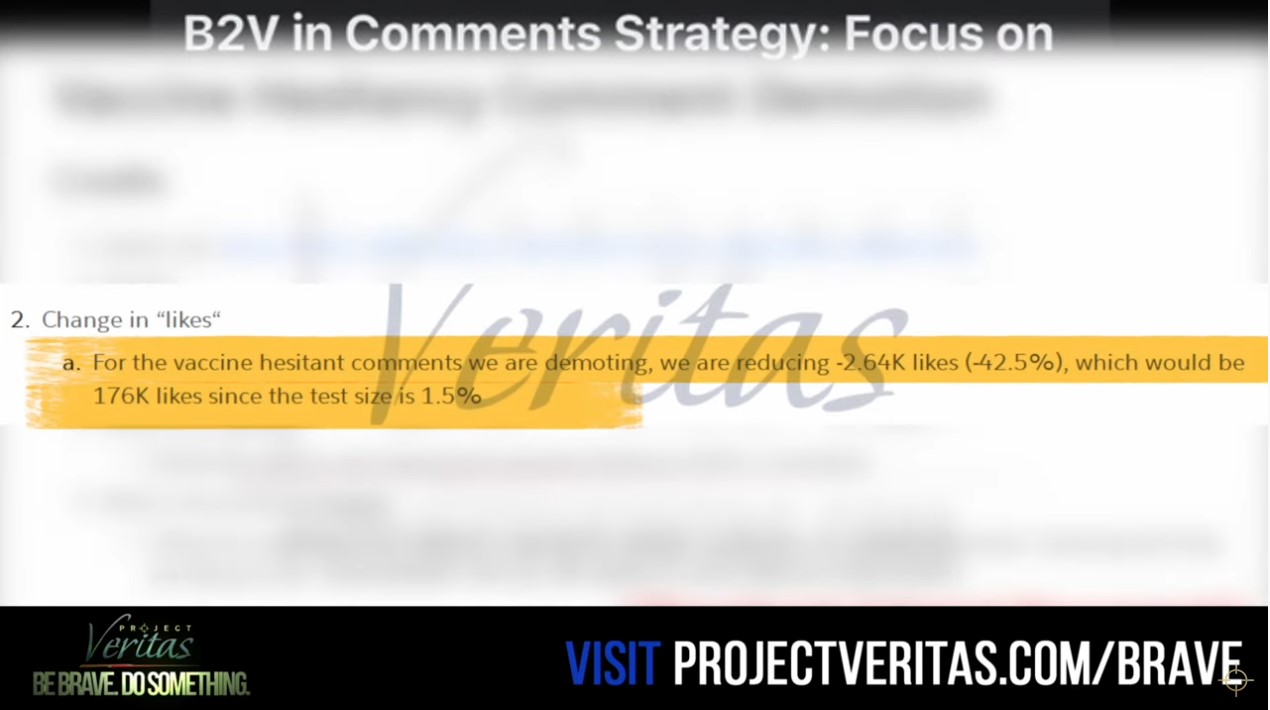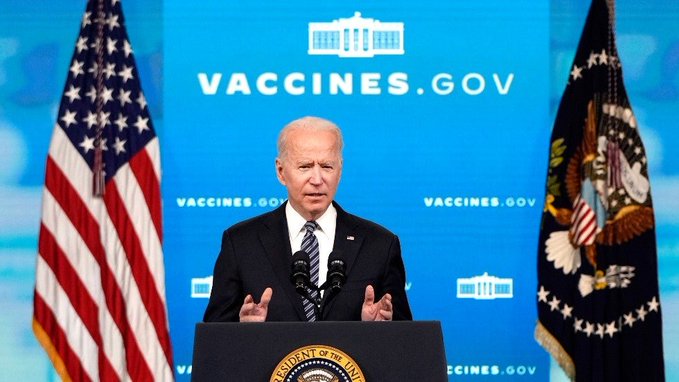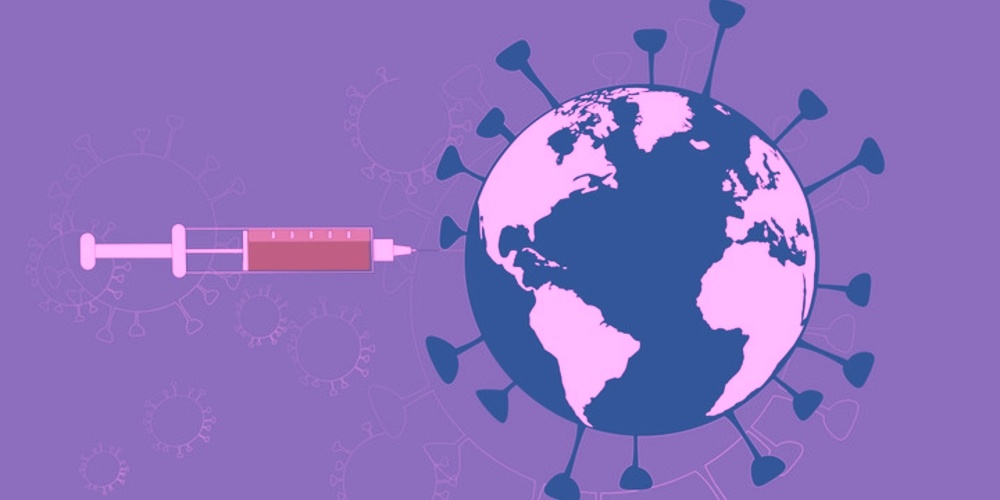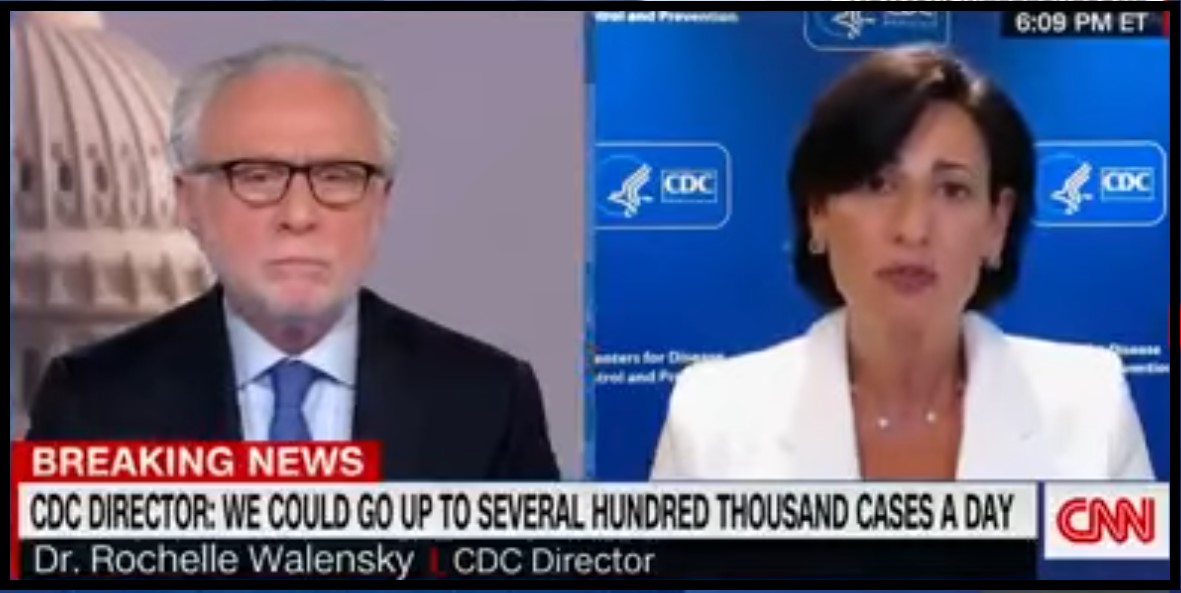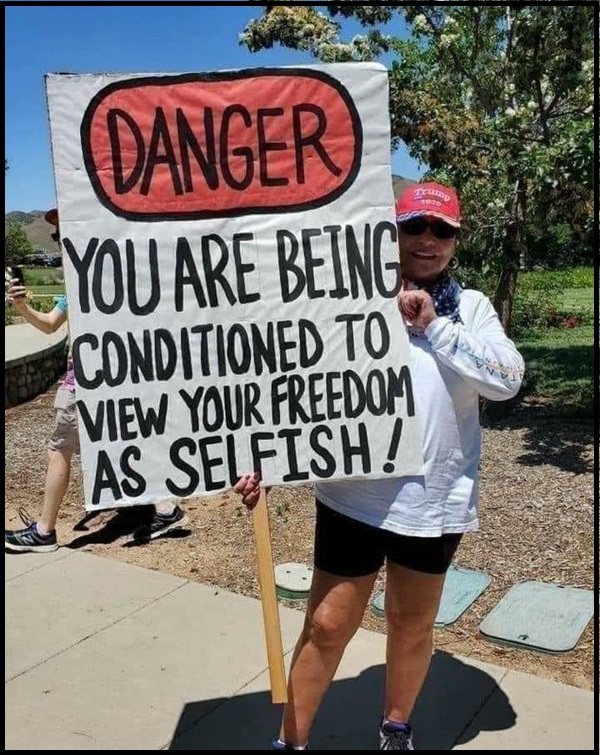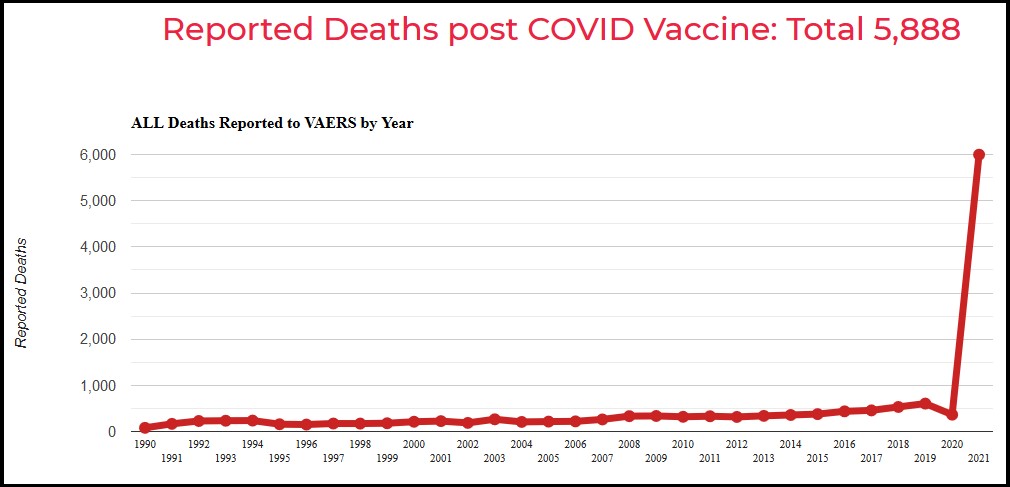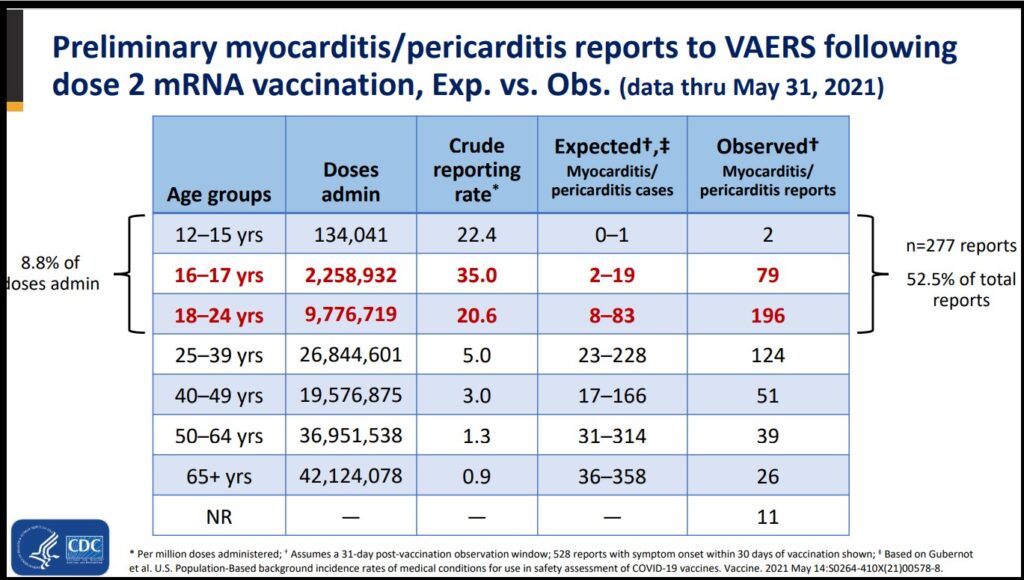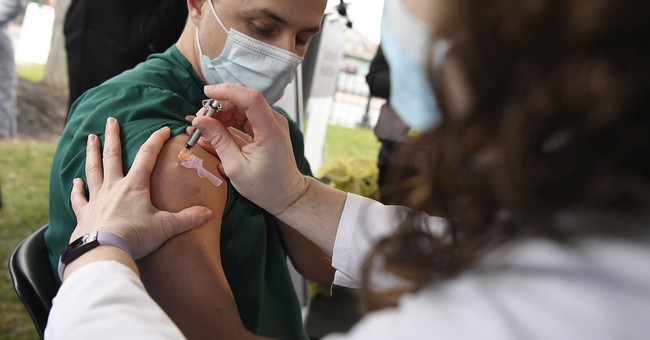@DavidRvR
Do your research
Here’s the thing. Research is a learned skill; it is hard, it is nuanced and complex, and it is true that the majority of people would not even know where to begin or even HOW to do [their own] research.
Research is NOT:
Googling, scrolling your FB newsfeed, or watching YouTube or 4Chan to search for the results you are hoping to find to be “true.” These are called confirmation biases, and are quickly and easily ruled out when doing actual research.
A post credited to Linda Gamble Spadaro, a licensed mental health counselor in Florida, sums this up quite well:
“Please stop saying you researched it.
You didn’t research anything and it is highly probable you don’t know how to do so.
Did you compile a literature review and write abstracts on each article? Or better yet, did you collect a random sample of sources and perform independent probability statistics on the reported results? No?
Did you at least take each article one by one and look into the source (that would be the author, publisher and funder), then critique the writing for logical fallacies, cognitive distortions and plain inaccuracies? No?
Did you ask yourself why this source might publish these particular results? Did you follow the trail of references and apply the same source of scrutiny to them? No?
Then you...did...not…research...anything.
You read or watched a video, most likely with little or no objectivity. You came across something in your algorithm manipulated feed, something that jived with your implicit biases and served your confirmation bias, and subconsciously applied your emotional filters and called it proof.”
This doesn’t even go into institutional review boards (IRB’s), also known as independent ethics committees, ethical review boards, or touch on peer-review, or meta-analyses.
To sum it up, a healthy dose of skepticism is/can be a good thing…as long as we are also applying it to those things we wish/think to be true, and not just those things we choose to be skeptical towards, or in denial of.
Most importantly, though, is to apply our best critical thinking skills to ensure we are doing our best to suss out the facts from the fiction, the myths, and outright BS in pseudoscience and politics.
Misinformation is being used as a tool of war and to undermine our public health, and it is up to each of us to fight against it.


